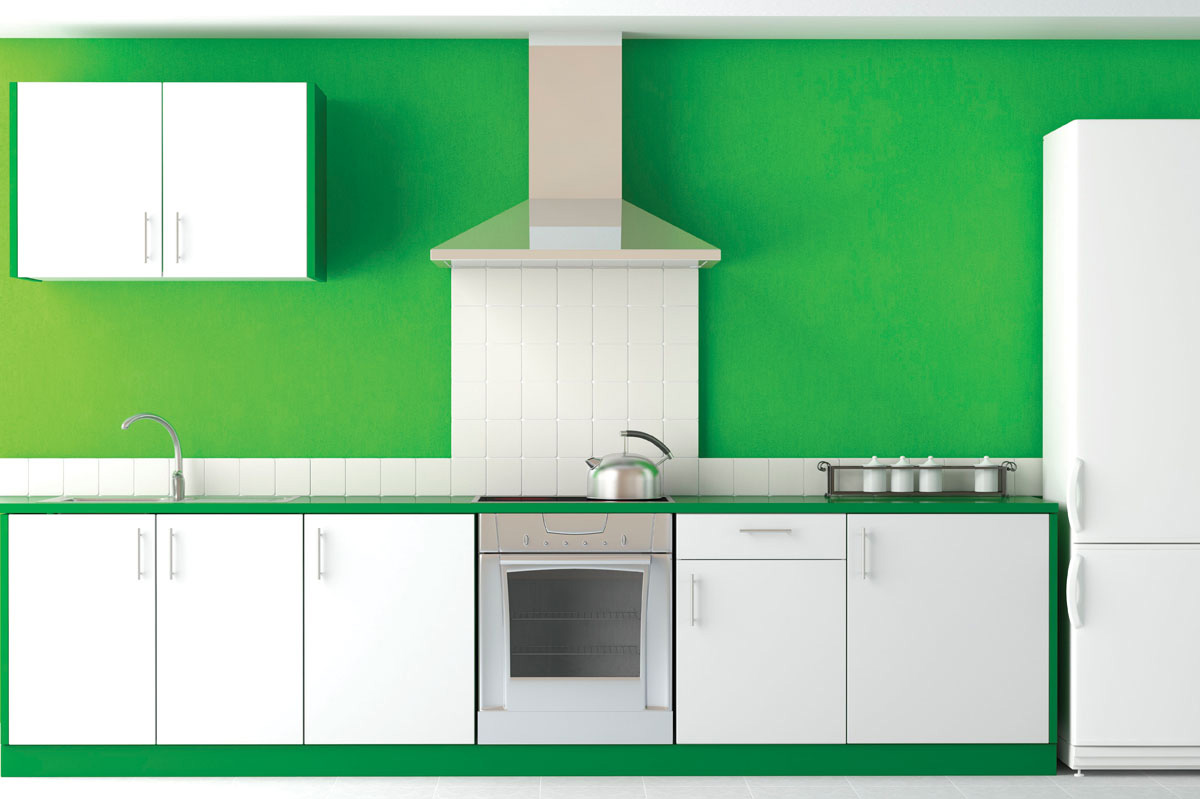 Bulk Up
Bulk Up
Dinner for two? Buy the family pack anyway. Getting products in bulk significantly reduces packaging. Save extra portions of dry goods in your own reusable containers, or freeze them. Another bonus? Bulk purchasing can often mean saving some series cash, whether you actually consume what you’re buying right away or you save it for later. If you’ve got the space to spare in your pantry or freezer, go for it!
Useful Scraps
Think composting is only for country types? Not so. City dwellers have a number of options for composting their food scraps, which is a great way to reduce waste. A compost tumbler can fit into even minimal backyard spaces, but if even those are in short supply, talk to neighbors or urban gardening centers about donating your scraps. In the meantime, a canister with carbon filter will keep odors contained.
Make Extra
If you’re cooking a meal that can be frozen, make sure that you prepare extra! Not only does this save you time down the road, but it takes far less energy to reheat a meal than it does to make one over again from scratch. Casseroles, stews, soups, pasta sauces, rice and mashed potatoes all freeze and reheat just fine. This is also a great way to use up all those bulk ingredients you’re thinking about investing in!
Cover Up
It’s a simple step, but it can make a big difference. When cooking foods on the stovetop, get them to a boil, then cover them with a tight-fitting lid and remove them from the heat. You’ll have to resist the urge to peek, and some foods will take slightly longer to cook, but it uses a fraction of the energy of conventional boiling. And for foods like rice and hard-boiled eggs, they’ll actually come out better than ever.











